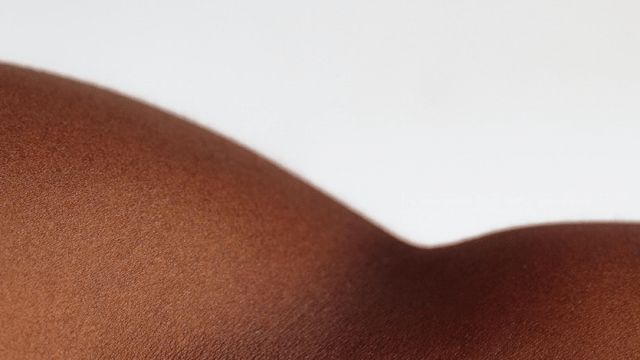
Image by pathdoc on Adobe Stock
We regret to inform that this event has been cancelled due to unforeseen circumstances.
We are seeking expressions of interest from ANU academics and students to participate in the Masterclass with the Distinguished Honorary Professor Nikolas Rose on "How does ‘structural violence’ get under the skin?".
It is a sociological commonplace to argue that family and childhood poverty and ill health leads to all manner of restricted life chances and to increased morbidity across the life course. Contemporary biology and neurobiology offers numerous ‘pathways’ through which exposures from everything to toxic chemicals to racism and childhood stress, can ‘get under the skin’ and have corporeal and cerebral consequences, and it is increasingly suggested that it is the early experiences of such ‘exposures’ that shape a child’s chances throughout his or her life. On the one hand, these arguments, showing how permeable human biology is to external influences, seem as if they could be further elements in powerful critiques of racism and injustice. On the other hand, with their frequent emphases on the lifelong role of early childhood, can seem to explain away the role of structural inequality across a lifetime. Without getting too deeply into problems of research methodology, we will ask “How should we evaluate these arguments?”
Nikolas Rose is a Distinguished Honorary Professor in the Research School of Social Sciences of the Australian National University and an Honorary Professor in the Institute of Advanced Studies at University College London. He was a Professor of Sociology at Kings College London from 2012 until his retirement in April 2021. He was founding Head of the Department of Global Health and Social Medicine at King’s and Co-Founder and Co-Director of King’s ESRC Centre for Society and Mental Health. He was previously Martin White Professor of Sociology at the London School of Economics and Political Science and Director of the LSE’s BIOS Centre for the Study of Bioscience, Biomedicine, Biotechnology and Society. He is founder and Editor-in-Chief of BioSocieties: an interdisciplinary journal for social studies of the life sciences. His books include The Politics of Life Itself (Princeton University Press, 2006), Neuro (with Joelle Abi-Rached, Princeton University Press, 2013), Our Psychiatric Future (Polity Press, 2018) and The Urban Brain: Mental Health in the Vital City (with Des Fitzgerald, Princeton University Press, 2022). His forthcoming book Questioning Humanity: Why does biology matter to the human sciences, with Thomas Osborne, will be published in 2024.
If you are interested in participating in this masterclass event, please submit the following via email to Catherine Waldby (Catherine.Waldby@anu.edu.au) by 5 pm on 12 September 2023.
- A 300-word statement outlining how your research work would gain from participating in this masterclass.
- An up-to-date curriculum vitae, limited to two pages.
Places are strictly limited to 25 selected participants. Successful participants will be informed and will receive further details on the event with the link to registration.
Location
Speakers
- Nikolas Rose
Contact
- Catherine Waldby